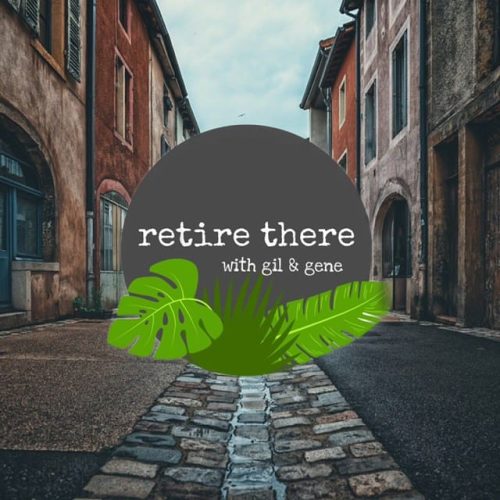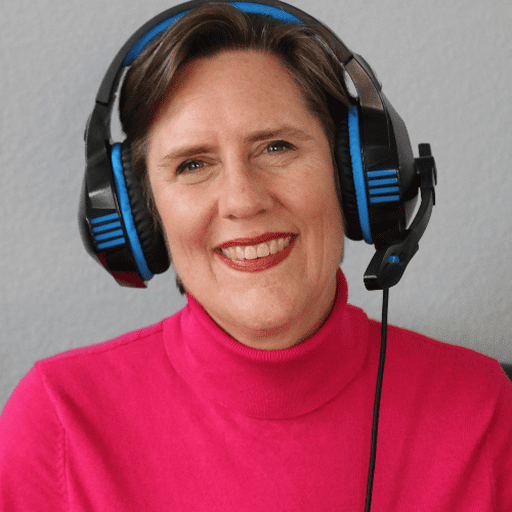What is meditation?
Meditation isn’t about transforming into someone you’re not or diving into
mysterious practices. It’s about getting back to yourself—your real,
peaceful self. For many people, Retirement brings a mix of joys and challenges,
and learning to quiet the noise in your mind can open the door to more ease and
Clarity.
One of the simplest—and most powerful—ways to start meditating is to focus
on your breathing. You don’t need to sit in a special position or chant; just
find a comfortable seat, close your eyes, and pay attention to each breath.
Feel the air as it enters and leaves your body. You might notice your shoulders
relax and your heart feel lighter as you go. This isn’t magic; it’s just giving
your mind a chance to settle and reconnect with the calm that’s always there,
waiting.
If you’ve ever found yourself worrying about things outside your control or
replaying moments from the past, consider this: life is always changing. Taking
time to reflect on impermanence—the fact that nothing stays the same
forever—can bring a surprising sense of peace. This isn’t about being
sad or overwhelmed; it’s about appreciating the beauty of the present moment
and letting go of unhelpful attachments.
You might also enjoy walking meditation. Imagine strolling through a
park or backyard, focusing on each step you take. Feel your feet
touching the ground, notice the breeze, or listen to the birds. Walking
meditation is great because it combines gentle movement with mindfulness,
making it especially appealing if sitting still feels daunting.
For some, meditation becomes a tool for inner strength. Think of it as a way
to soften the grip of negative emotions like anger or worry. By quietly
observing your thoughts—without judgment—you give yourself the gift of freedom
from their weight. This doesn’t mean suppressing your feelings; it’s about
understanding them better and making space for what truly matters.
Meditation is deeply personal. You don’t need to adopt any particular belief
system or label yourself as a practitioner of this or that method. What matters
is finding a practice that helps you feel more grounded, less stressed, and
more connected to your sense of purpose. If the idea of a “spiritual guide”
feels too far out, think of it as simply listening to your heart.
And remember, it’s okay to ask for help. Meditation instructors or even online videos can gently guide you as you get started. The goal isn’t to master some ancient tradition but to create space in your life for stillness and renewal.
So, if you’re skeptical, that’s fine, it’s healthy to question
things. But give yourself permission to explore. You might find that
meditation is less about wasting time and more about reclaiming it. After all,
the time you spend caring for your mind and spirit is never wasted.
Originally Published on https://boomersnotsenior.blogspot.com/























